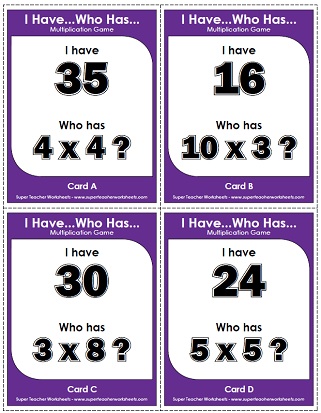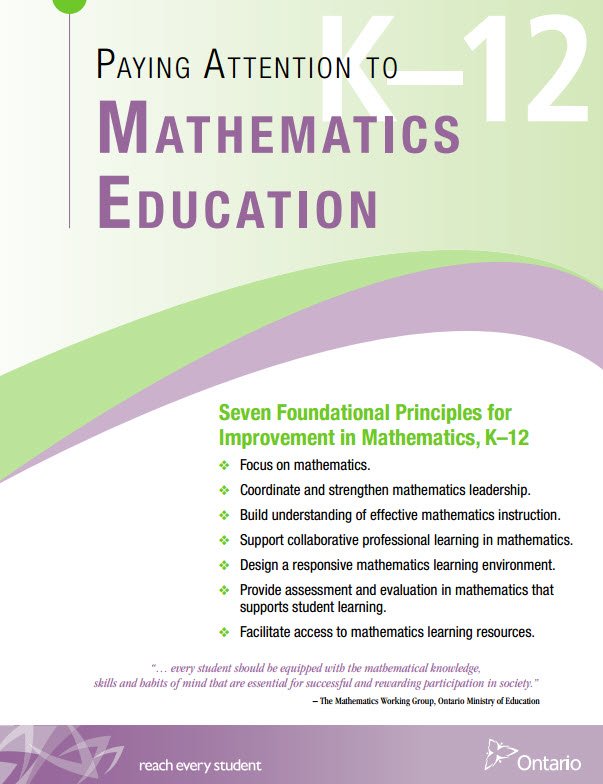During our math modules this week, we explored the lesson that you can't have success without making mistakes along the way. When you make mistakes in math your brain grows. This made me think of having challenges in my own math class. If I can embrace the mistakes and struggle, it will help change my mindset so I believe I will figure it out.
If you're interested in the video I watched, you can watch it her
This week in our math class, we started with an icebreaker called "I have, Who Has?" This game included everyone in the class and created engagement for all. The game is made to challenge students and their mental math skills. This game also give teachers a diagnostic assessment of the class. This game is designed to ensure each participant is actively listening all while keeping you interested to see if your answer is next. I would definitely use this game as a refresher or as a review before quizzes or to make sure we can move on to the next concept. While playing the game, I thought about the learners who might be stressed or anxious playing the game so quickly, so you can definitely modify the same to put student in smaller same ability groups so they feel more comfortable.

If you're interested in a copy of the game to use for your class, you can find it here
We also completed different quizzed today to determine what kind of learner we most identified with.
The quizzes we completed can be found here.
I believe it is important that we encourage students to understand for themselves their own learning style, either auditory, visual, or kinaesthetic. However we did discuss today as a class that educators shouldn't give their students the idea to label themselves to one learning style specifically. If students are labelling themselves as a certain learner, they might unknowingly be limiting themselves to the possibilities that each learning style offers them. Educators need to be constantly encouraging their students to different experiences of learning.
via GIPHY
Learning styles have the potential to reach all learners. It fosters positive growth mindsets and differentiates using content (various delivery methods), process (understanding content) and product (learning artifacts/evidence)
Until next week! :)




